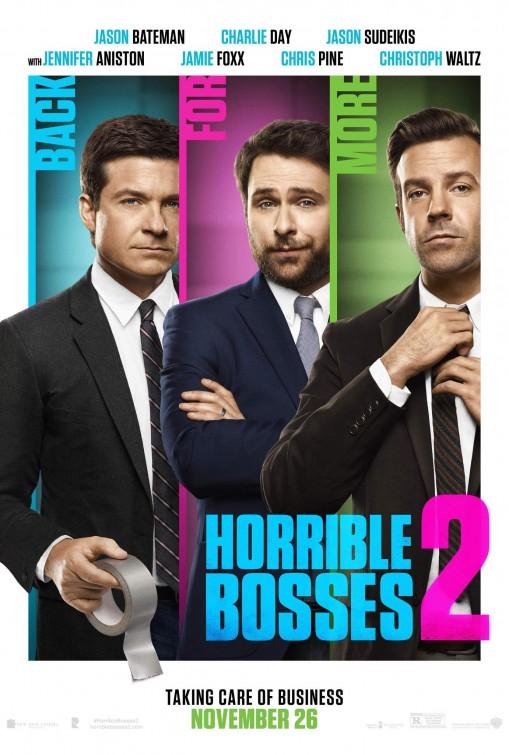
Like any good circus, “Water for Elephants” promises a spectacle to trump all spectacles. And like any circus, if you look closely at what you’re seeing, the flaws and patchwork jump out like neon signs.
If you sit back and let the illusion take over, however, what you get is an intoxicating premise, a stirring love story and a genuinely delightful movie.
Based on the New York Times bestseller of the same name by Sara Gruen, “Water for Elephants” is primarily set in the chaotic world of a 1930s circus as seen through the eyes of Jacob Jankowski (Robert Pattinson), a young veterinary school dropout who falls in love with star attraction Marlena (Reese Witherspoon). As with any archetypal love story, there’s a third party in the way: Marlena’s husband August (Christoph Waltz), the circus’ manic animal trainer.
While “Water for Elephants” may open slowly with a framing narrative — an older Jacob in his nineties approaching a contemporary circus and beginning to tell the story of the movie — after that, the film rushes toward its love triangle like a circus train itself. Within the span of fifteen or twenty minutes, Jacob goes from happy co-ed to desolate, homeless drifter when his parents are killed in a car accident and he discovers they mortgaged their home and veterinary practice to pay for his education.
These opening scenes are the first indication of the movie’s major flaw: its mindblurringly quick pacing. Before we even have a chance to meet Jacob, he’s someone completely different, and while a more experienced actor might be better able to depict the shift, Pattinson simply starts in a brooding state from the get-go.
Eventually, the wandering Jacob encounters a train, and hops on to discover he’s inadvertently joined the circus. Another whirlwind of scenes shows the circus as it’s assembled the next day — although this time the visuals enough are sufficient to hold one’s interest — but it’s not too long before we meet Marlena and August, both of which are broadly and swiftly depicted by Witherspoon and Waltz as “GOOD” and “SEEMS GOOD BUT ISN’T,” respectively.
This triangle is the heart of the movie, and it shows in the acting. Waltz is the standout performer, shifting effortlessly with his character’s moods from loving husband to furious tyrant and every shade in between. His acting is nuanced enough that even August’s benign moments are laced with sinister undertones, making it all the more powerful when those undertones rise to the surface and he lashes out at those around him.
Witherspoon and Pattinson leave more to be desired. The former is supremely capable as Marlena, to be sure, but at this point in her career, more than “capable” should be expected. True, as the triangle’s focal point, Marlena can be one-dimensional at times, but that’s no excuse — Witherspoon needs to stop acting like an actress and actually be one.
Pattinson, by contrast, is actually better cast, as Jacob is simply not quite as complex a character. His penchant for vacantly staring off-screen is irksome, and he looks bewildered more often than he’s probably supposed to, but the nature of his character downgrades these missteps from felonies to misdemeanors.
There’s in fact a fourth character to go with this trio who’s gone unmentioned, but, to be fair, it’s hard to work in descriptions of elephant actors.
Rosie, the elephant that August purchases and Jacob befriends, serves as the third point in a counter-triangle, representing a mirror image of the similarly abused Marlena. Unfortunately, it’s the sort of metaphor that probably comes off better in print than on screen, with Rosie serving more as a giggle-inducer than anything else.
There’s a sense she’s meant to be the plot device that pushes Jacob and Marlena together, but as the film’s pacing again picks up right when they actually start to develop a relationship, the potential is lost. Almost as soon as the two share a greatly anticipated kiss, the movie switches into fast-forward, moments good and bad alike sacrificed for the sake of a two-hour running time.
These criticisms seem to paint a negative picture of the film, but they shouldn’t. Much like its characters, “Water for Elephants” offers up an illusion of spectacle, cloaking the film’s weaker elements in splendor and fanfare that is truly dazzling — and worthy of praise. You don’t go to the circus for the production values, after all.


